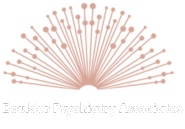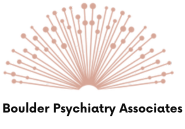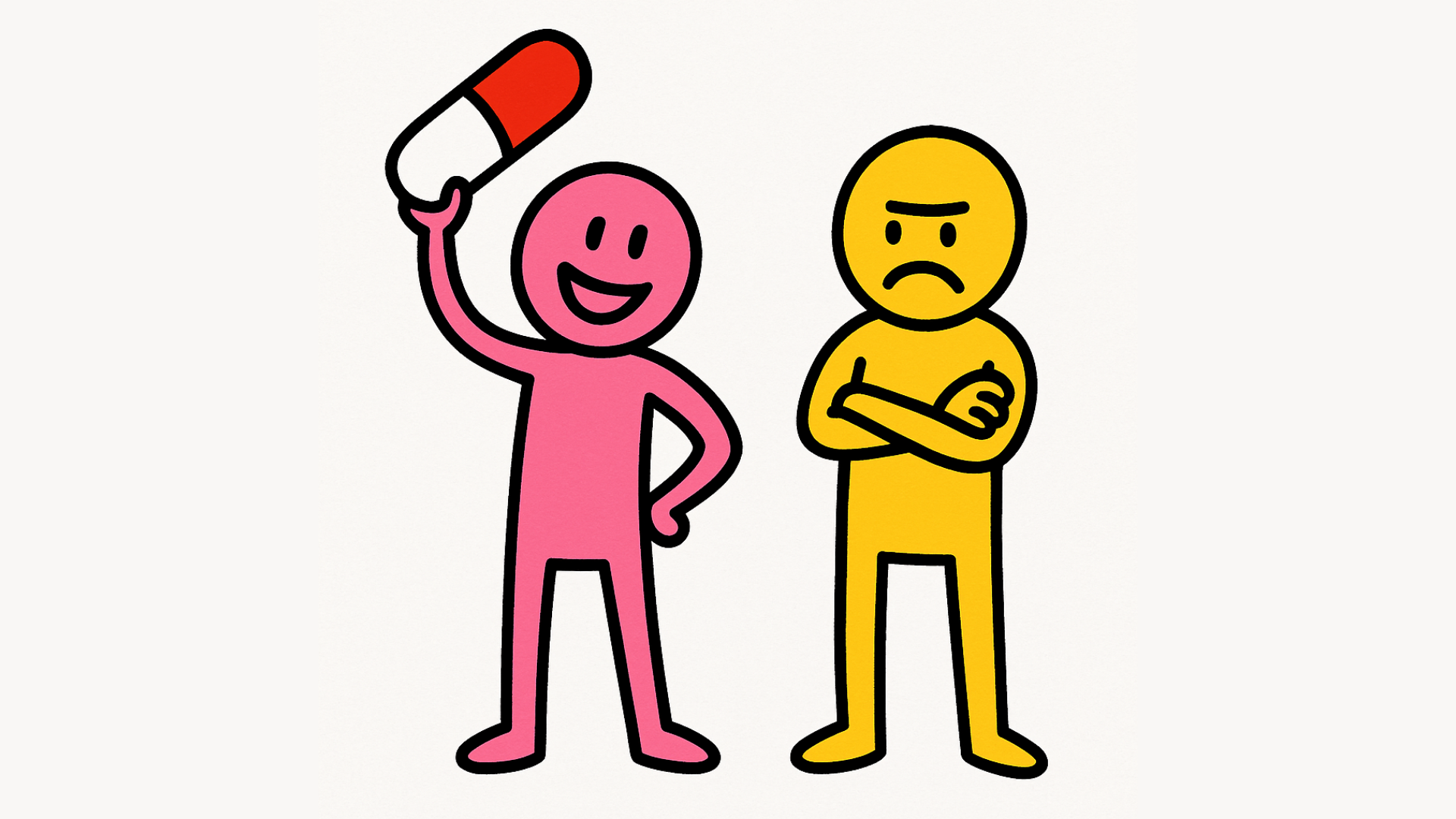If you want to watch a grown adult malfunction in real time, don’t show them quantum physics. Just mention pronouns. Suddenly, people who haven’t opened a biology textbook since eighth grade start screaming about chromosomes in Target. They insist that trans identity is a trend, a contagion, or society collapsing. Meanwhile, every major medical, psychological,...
BLOG
Read Our Blog & News
Learn more about how your brain works

Welcome to 2026, a time when everyone is arguing about vaccines, autism, public health, and reality itself, often with the expertise of a raccoon who once ate a medical textbook.There is a new culture war in America, and it is not subtle. It is not soft. It is not gentle. It is wrapped in health...
Before You Diagnose Yourself, Diagnose the Country People keep walking into psychiatric offices saying, “I don’t know what’s wrong with me,” as if their brain spontaneously malfunctioned. A real issue for most people is not internal. It is environmental. We are living in a country where the emotional climate feels like a smoke alarm that...
Before help even begins, I often hear it: “We’re against meds.” It’s usually said with the same tone people use for “We don’t talk about the war.” I get it. No one wants to believe their brain might need something their willpower can’t fix. This morning, before I even met with a new patient, her...
I’M DEPRESSED BECAUSE OF MY HEART? When Your Brain and Body Start Dropping Hints That Something’s Off
January 4, 2026by Harrison Levine
Before a full-blown illness moves in and starts eating all your snacks, your brain and body usually give you some warning signs. They’re not dramatic. No violins. No flashing lights. Just little red flags waving while you say, “I’m fine, just tired.” Spoiler: you’re probably not fine. Let’s talk about those warnings: the mental ones,...
WHY EVERYONE IS ANXIOUS
December 31, 2025by Harrison Levine
INTRODUCTION: Anxiety Is the National Mood (and the Default Setting) If aliens landed tomorrow and asked, “Take me to your calmest human,” we would have nothing to offer them except a barista on break who briefly forgot they had student loans. People say things like: “I work well under pressure.” “I am just busy.” “I...
HOLIDAY MELTDOWNS: Why December Turns Everyone Into a Glitching Roomba
December 24, 2025by Harrison Levine
December has two settings: Hallmark Movie Fantasy Emotional Hunger Games Every year, approximately 0% of humans experience the first one. We watch Christmas specials where beautiful people find love in four minutes, snow behaves like a mood stabilizer, and nobody has relatives. Meanwhile, the average adult spends December running six competing emotion programs on one...
“You are what you eat” is not just a motivational poster in your health class. It is chemistry. Every Red Bull, Twinkie, and pizza roll you eat literally becomes your blood, your brain tissue, your skin. Live on soda and Doritos and you are basically a vending machine with legs. When people say “balanced diet,”...
Prologue: When People Got Bored of Reality Movies were born in the late 1800s when photography got tired of sitting still and decided to move. In 1895, the Lumière brothers projected short films like Workers Leaving the Factory and Arrival of a Train at La Ciotat Station, prompting early audiences to panic because they thought...
Psychiatric Medications
November 27, 2025by Harrison Levine
A Quick History The very first modern psych med, chlorpromazine (Thorazine), showed up in the 1950s. Its story starts earlier, in a chemistry lab, not a psychiatrist’s office. French researchers were tinkering with compounds originally related to treatments for allergies and malaria, and one of those tweaks accidentally produced a drug that calmed patients without...












